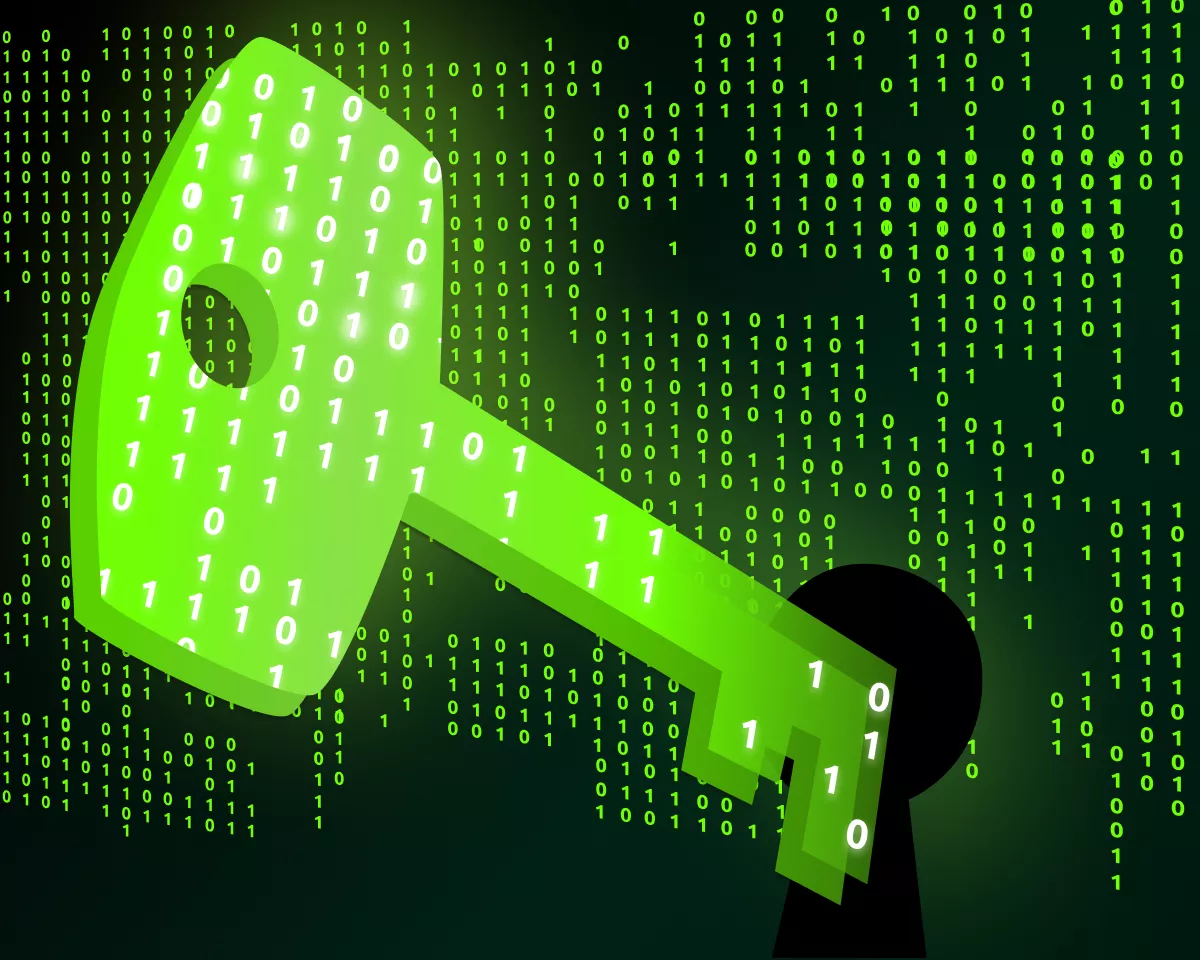The post Bank of Italy Exposes Bitcoin P2P Platforms as Tools for Crime appeared first on Coinpedia Fintech News The Bank of Italy in its Economic and Financial 893rd research paper published in November 2024 has raised concerns about certain Bitcoin peer-to-peer (P2P) services, calling them “crime-as-a-service.” However, these unregulated services are now seen as key tools for money laundering, especially in countries with weak laws. Bitcoin P2P as “Crime-as-a-Service” In its latest report, titled “Money Laundering and Blockchain: Can You Track the Footprints in the Crypto World?”, the Bank highlights platforms like kycnot.me, which let users trade Bitcoin without knowing their customer identity verification (KYC), making it easier for criminals to hide illegal money. The further report explains that these platforms let people trade Bitcoin without revealing their identity, making it difficult for law enforcement to track where the funds come from. Money launderers often take advantage of platforms in countries with weak anti-money laundering (AML) laws or those labeled as high-risk by the Financial Action Task Force (FATF). Interestingly, the Bank report also mentions events like “Satoshi Spritz,” where individuals gather to exchange Bitcoin for goods or fiat currency. While these events are often organized by the Bitcoin community to educate others, the Bank warns that they could also be used for money laundering. How Money Launderers Operate Even though blockchain technology keeps a public record of all transactions, it doesn’t show the identity of the person behind each address. Criminals use this to their advantage, finding ways to hide the origin of their money. The Bank’s report explains some common tricks used by money launderers. Mixers and Tumblers: These tools mix different users’ funds, making it hard to trace where the money came from. Chain-Hopping: This involves moving funds across different blockchains to confuse trackers. Anonymous Wallets: These wallets hide users’ IP addresses and break the link between transactions. Call for Strict Regulations The Bank of Italy says that stronger rules are needed to fight these problems. By enforcing strict KYC and anti-money laundering (AML) measures, authorities can make it harder for criminals to misuse Bitcoin and other cryptocurrencies.





















